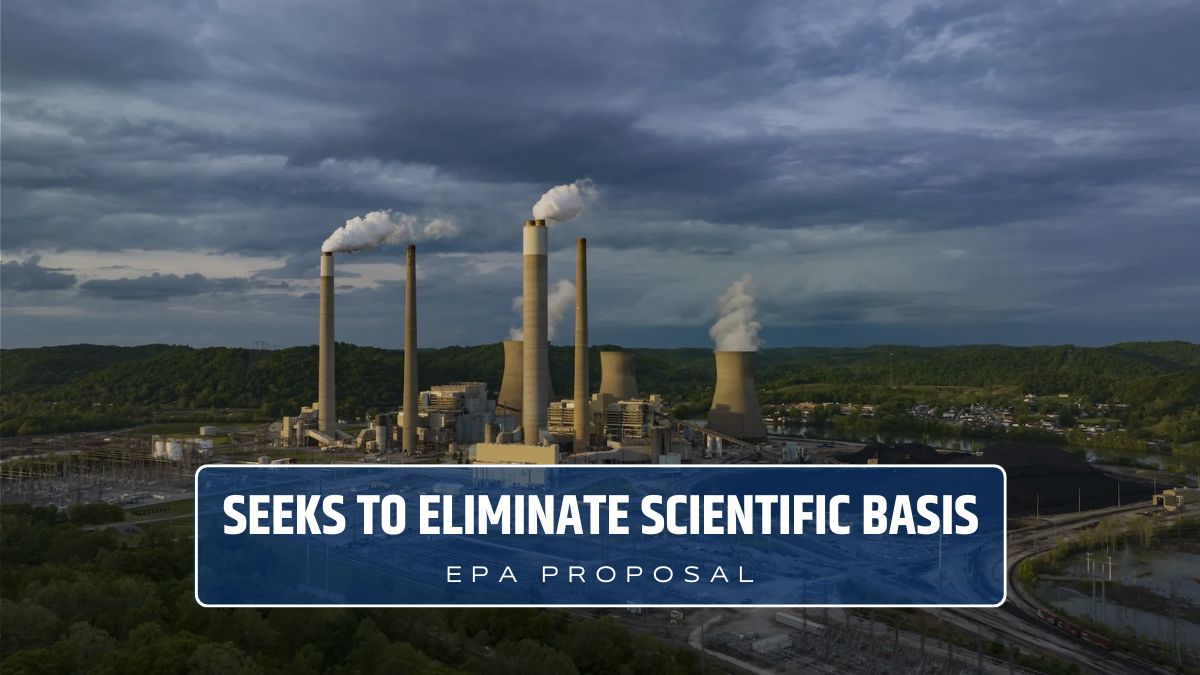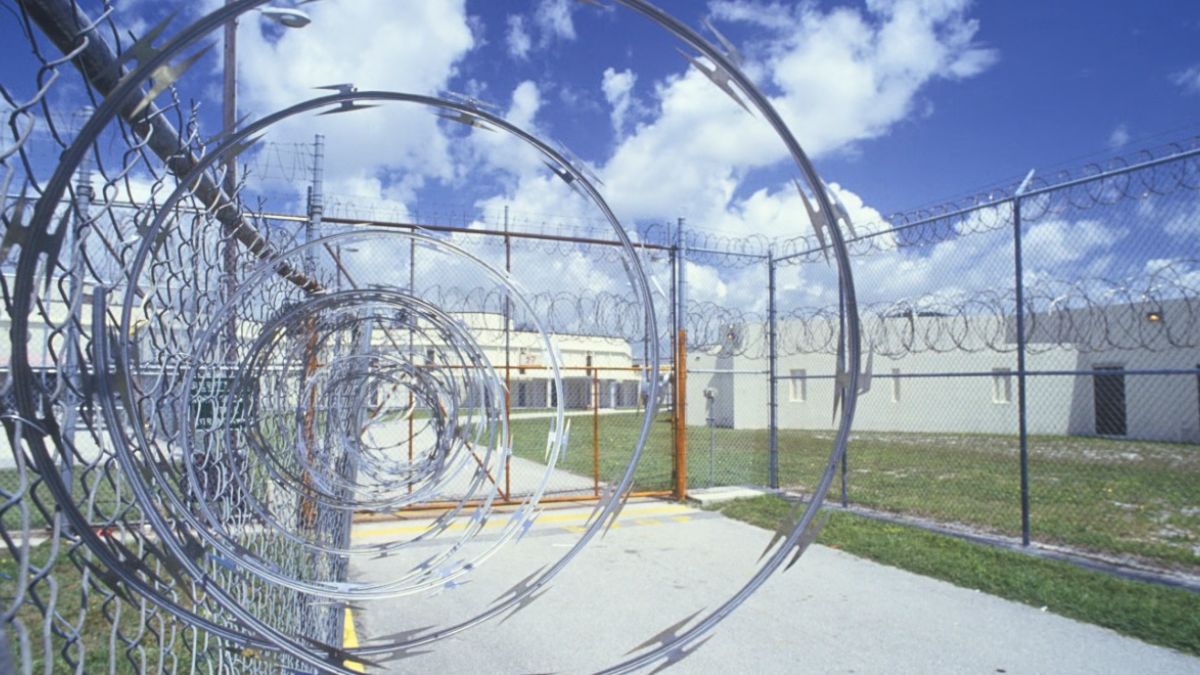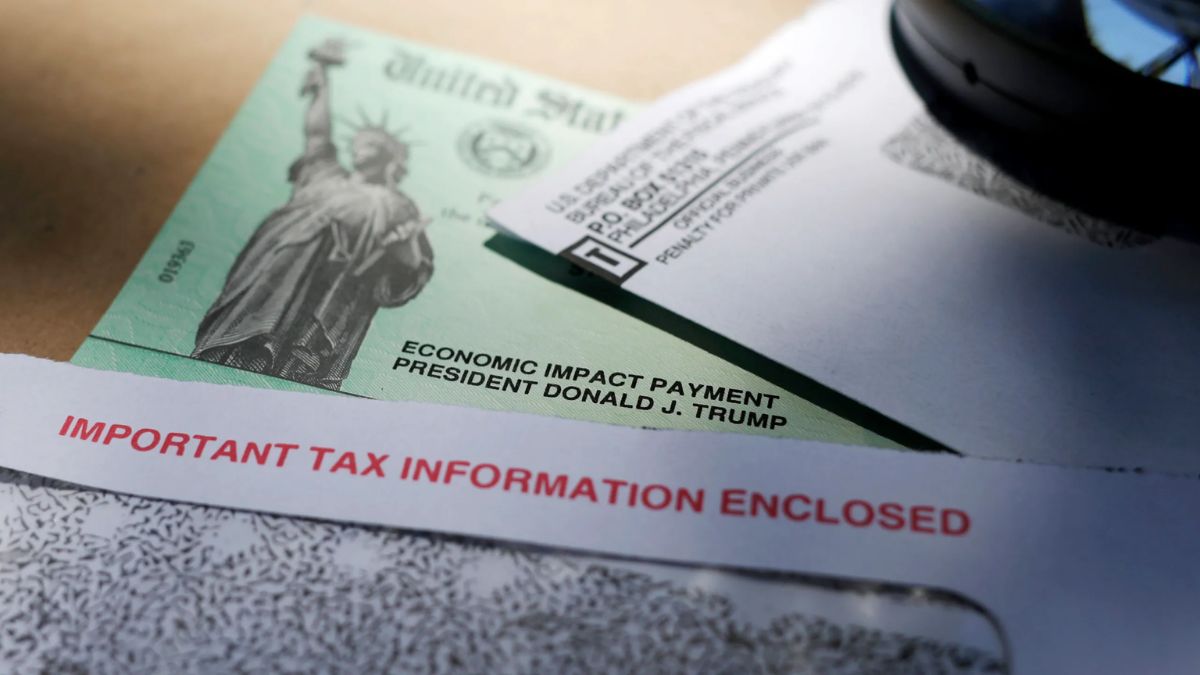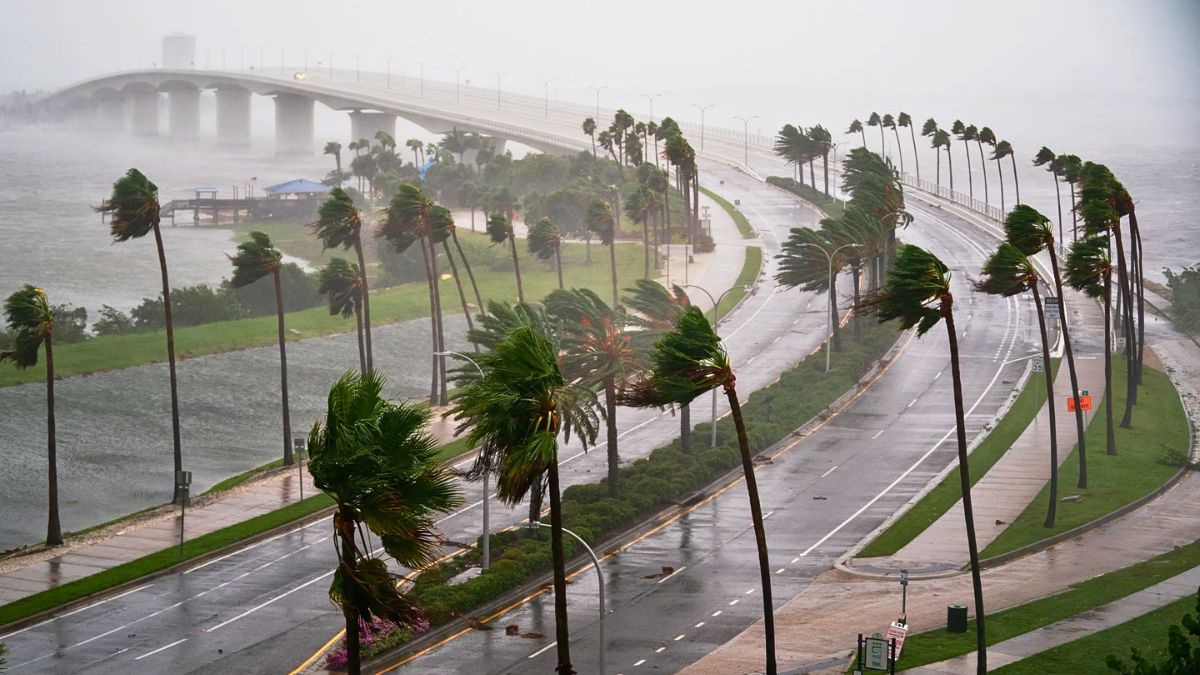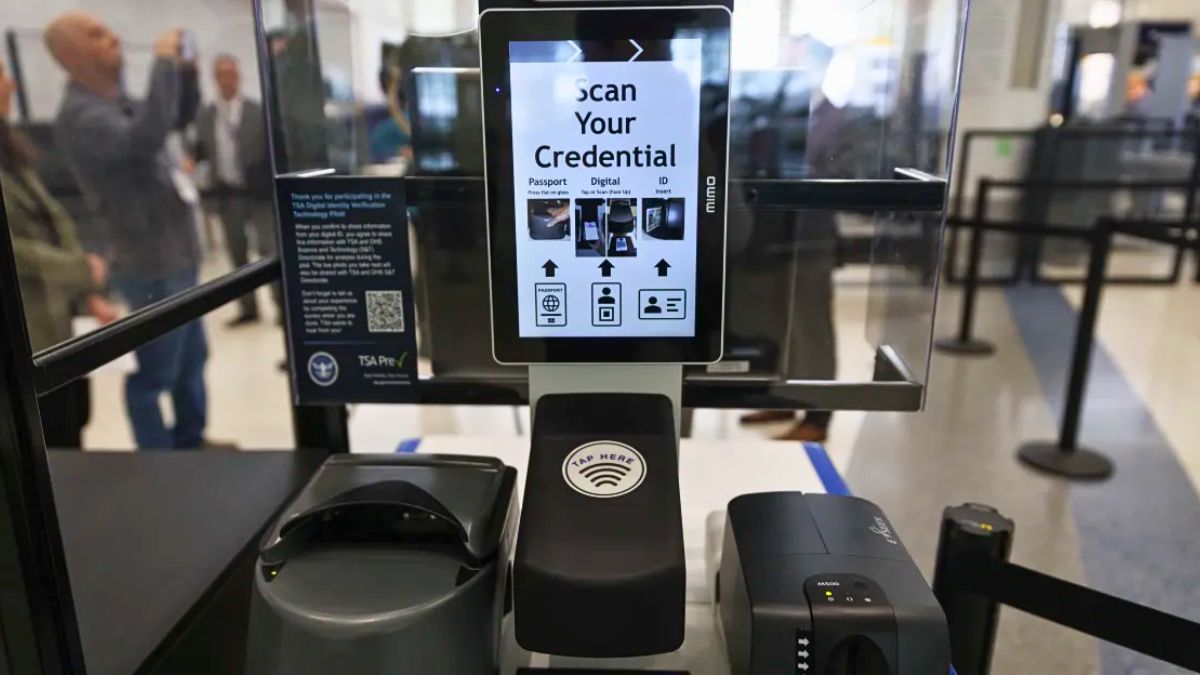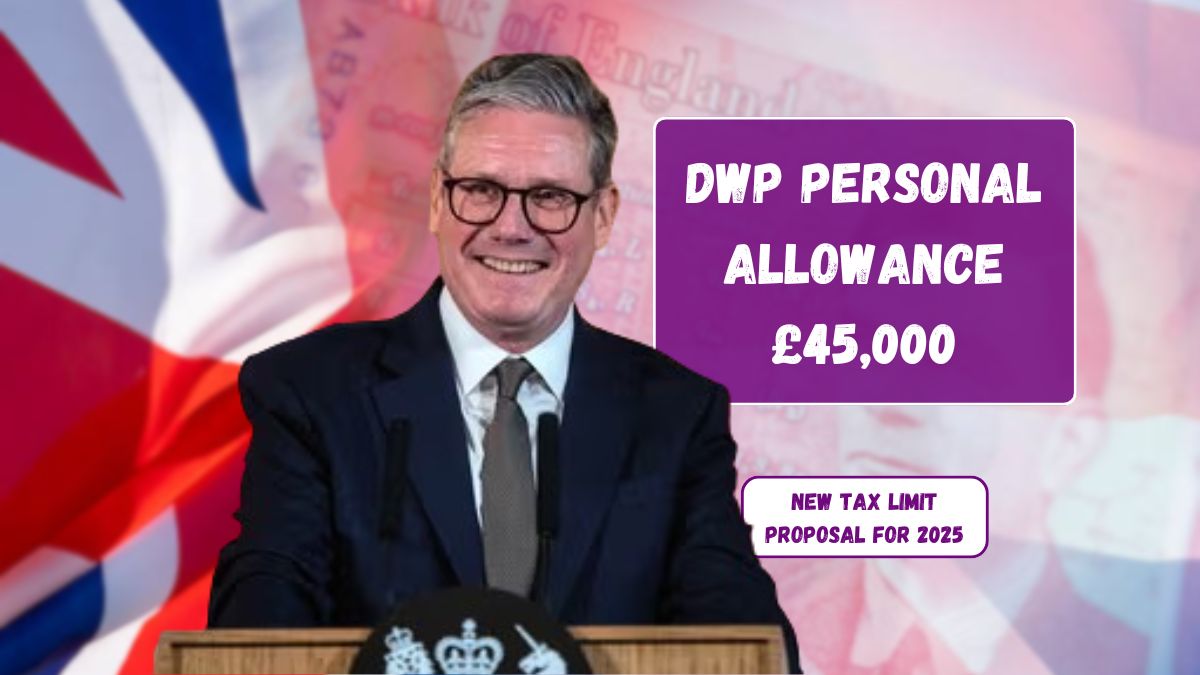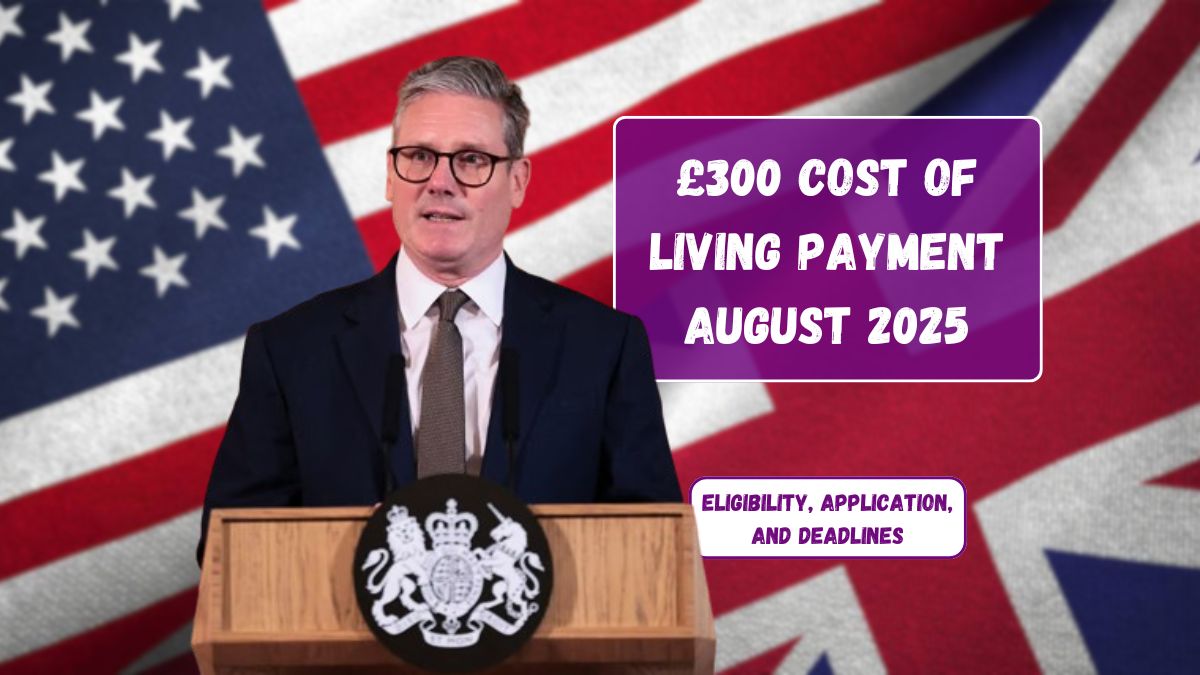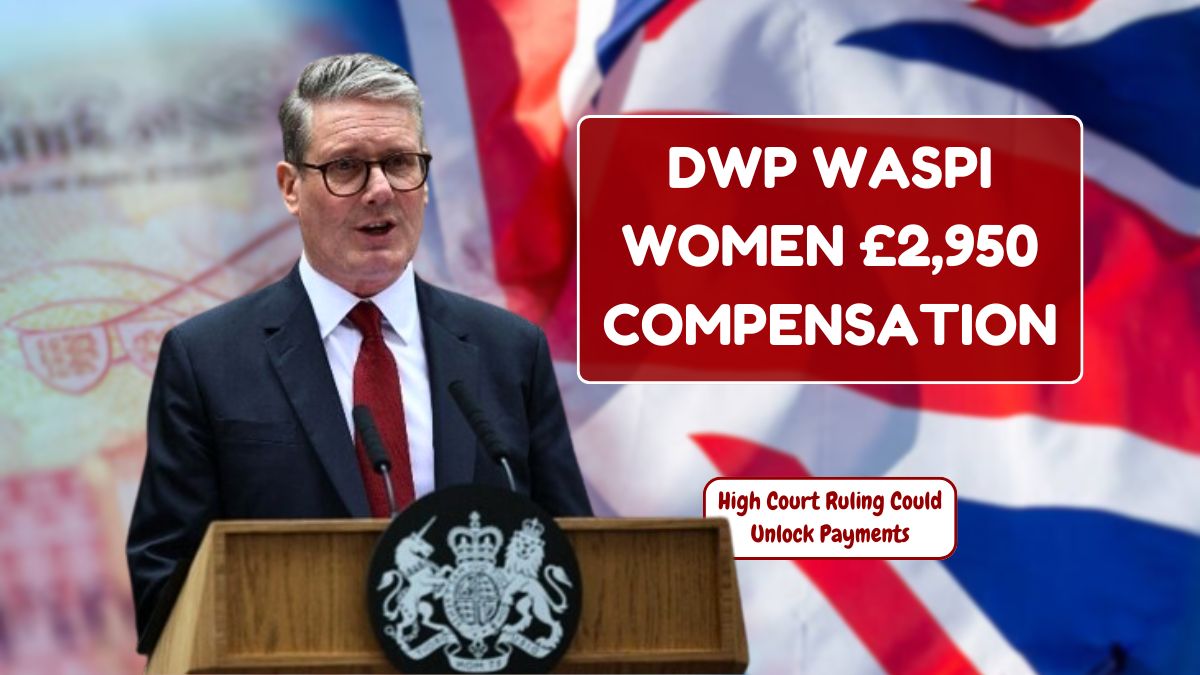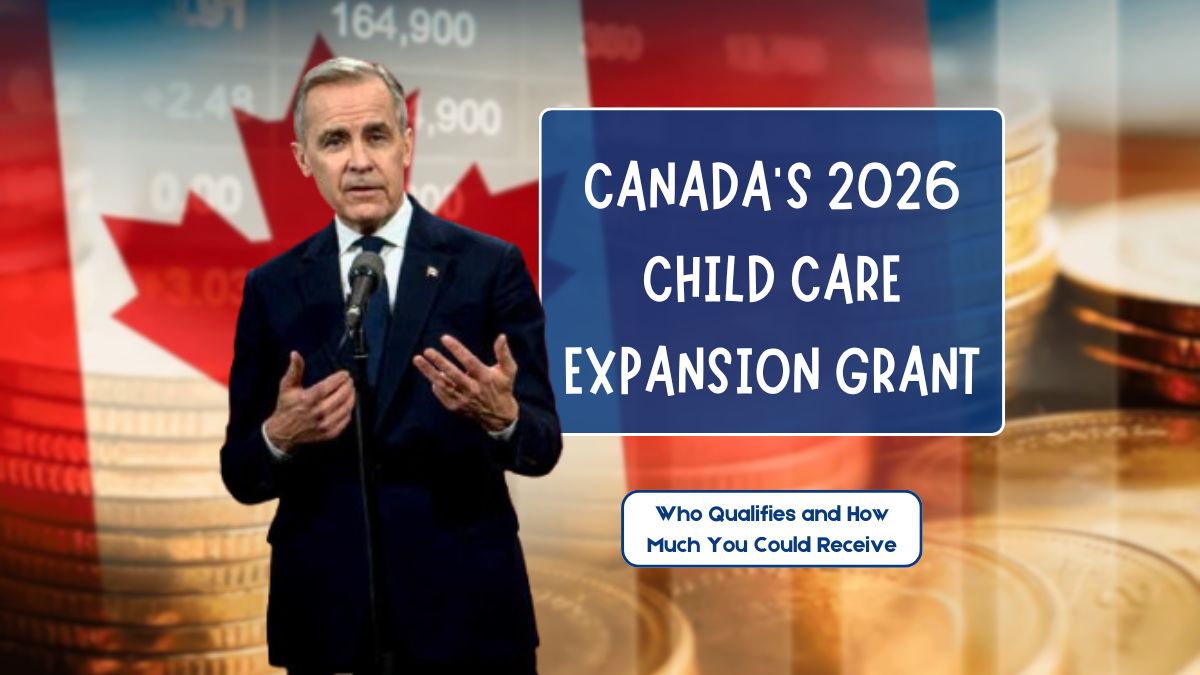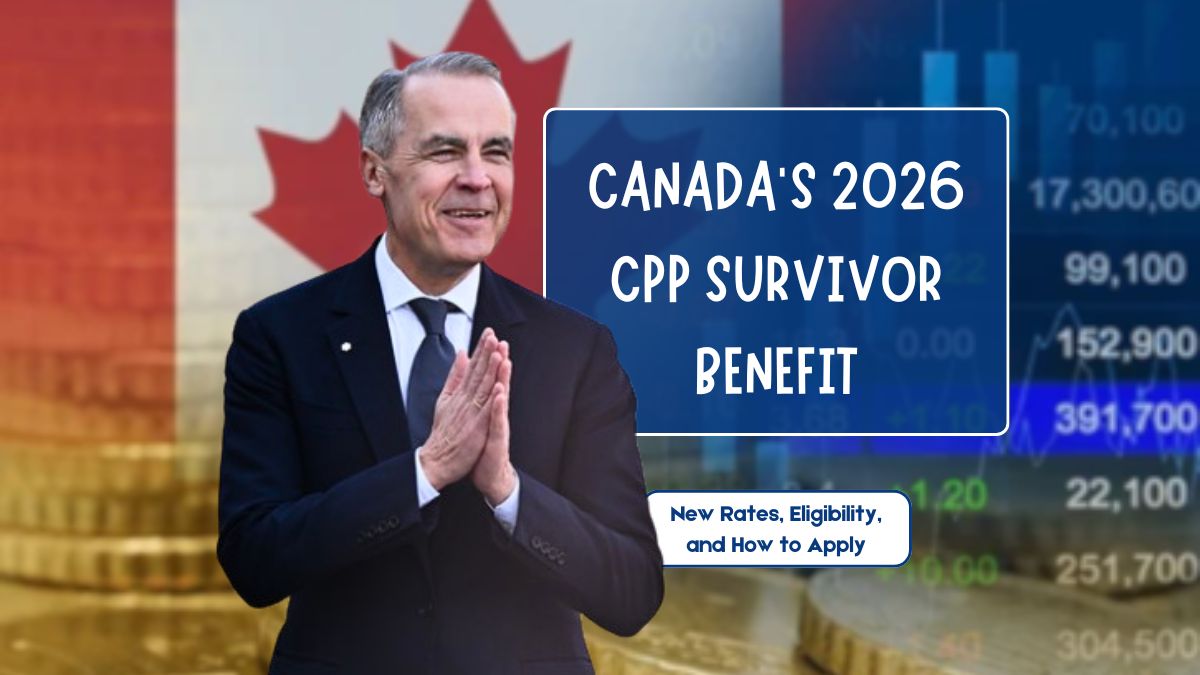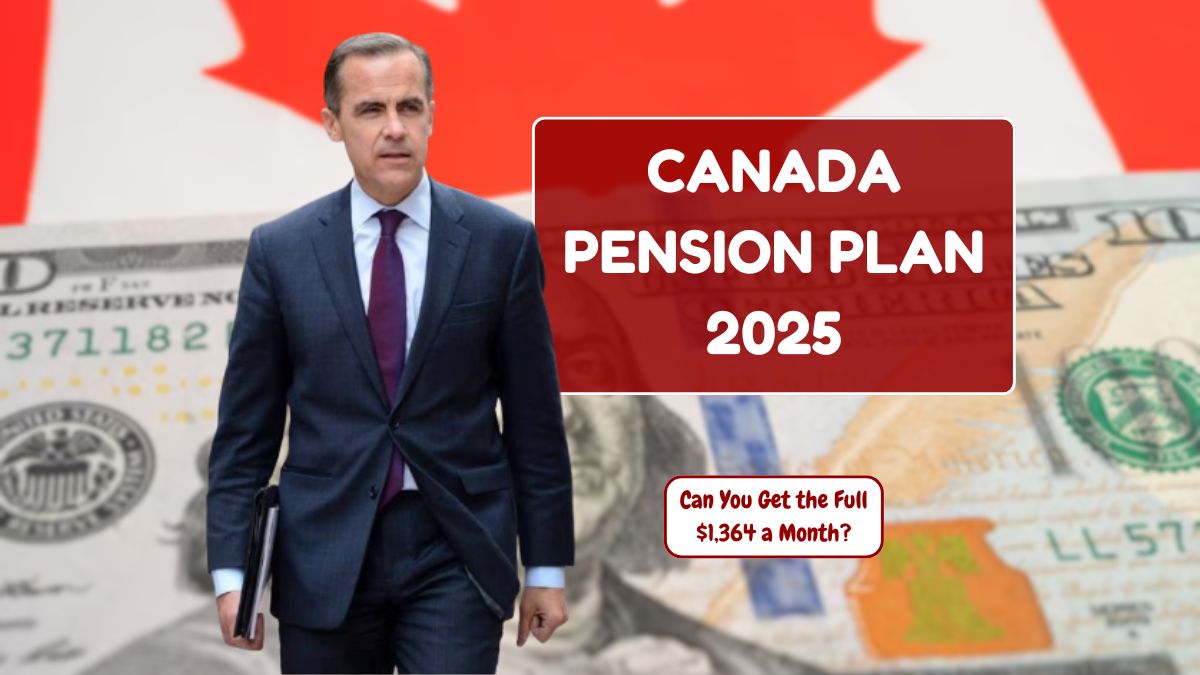EPA Administrator Lee Zeldin has officially unveiled a draft plan to overturn the agency’s foundational 2009 endangerment finding—a move that would shake the legal structure behind America’s climate change policies. If finalized, this could gut regulations on greenhouse gases and make it harder for future administrations to bring them back.
Foundation
The endangerment finding was issued in 2009 under President Obama, following the landmark 2007 Supreme Court decision in Massachusetts v. EPA. That ruling declared greenhouse gases to be air pollutants under the Clean Air Act. In response, the EPA confirmed that these gases threaten public health and welfare, unlocking federal authority to regulate them.
But now, the EPA under the Trump administration says it never had to regulate those emissions in the first place. Zeldin claims the agency had the authority to act—but not the obligation. That subtle legal difference could make a massive impact on future climate policies.
Announcement
Zeldin revealed the plan on Ruthless, a conservative podcast, calling it “driving a dagger into the heart of the climate change religion.” His words made clear that this isn’t just policy—it’s ideology. And it’s about rewriting the legal playbook for how climate rules are made.
The EPA paired the move with a separate proposal to wipe out all greenhouse gas standards for light-, medium-, and heavy-duty vehicles. These vehicle rules, first introduced between 2010 and 2011, would be rescinded completely.
Industry
Not surprisingly, parts of the transportation sector welcomed the news. The American Trucking Association said it supports cleaner tech, but only if the rules are grounded in “real-world conditions.” That’s code for economic feasibility and operational flexibility—something industry groups say the current standards ignore.
Opposition
Environmental groups and climate scientists are already sounding the alarm. Groups like the Environmental Defense Fund and the Center for Biological Diversity say this is dangerous and out of step with scientific consensus. They argue that climate change is already harming lives and livelihoods—through heatwaves, wildfires, and rising sea levels.
Dan Becker, a longtime environmental advocate, said Zeldin is “putting fealty to Big Oil over sound science and people’s health.”
Strategy
Zeldin has emphasized that the agency isn’t afraid of a fight. He says the EPA is opening the proposal for public comment and is ready for the legal challenges that will follow. Critics argue the entire effort is designed to provoke litigation—and perhaps fast-track a Supreme Court ruling that could cement the rollback for good.
Here’s how the impacts would look if the draft becomes final:
| Regulation Type | Current Status | Proposed Change |
|---|---|---|
| Endangerment Finding | Legally active | Repealed |
| Vehicle Emission Standards | In force (2010–2011) | Rescinded |
| Legal Basis for Climate Rules | Based on Clean Air Act | Removed |
| Public Health Consideration | Required | Removed |
| Future Rulemaking Power | Strong | Severely limited |
Politics
Zeldin insists this is about economic freedom, not pollution. He claims emissions rules have become political weapons used to choke industry. At the same time, he maintains that conservatives care deeply about the environment—they just don’t want to “bankrupt the country” over climate measures.
This is the clearest signal yet that the Trump administration wants to eliminate federal climate rules at the source—not just weaken them but erase the very basis that allows them to exist.
Legal
If the proposal becomes law, environmental rules across sectors could collapse quickly. Opponents of the EPA’s current rules may even sue immediately, claiming the regulations are now invalid without a supporting endangerment finding.
ClearView Energy Partners has suggested that such lawsuits could be fast-tracked, potentially reaching the Supreme Court. That raises serious stakes for environmental policy in the United States—potentially locking in deregulation for years, even decades.
While the EPA says it’s simply correcting an overreach, critics argue it’s ignoring not just science, but the visible impacts of climate change Americans are already living through.
FAQs
What is the endangerment finding?
A 2009 EPA rule saying greenhouse gases harm human health.
Why is EPA trying to revoke it?
EPA says it’s not legally required to regulate emissions.
What happens to vehicle rules?
GHG standards from 2010–2011 would be repealed.
Will this face legal challenges?
Yes, it’s almost guaranteed to go to court.
Who supports the change?
Some trucking and energy industry groups support it.

